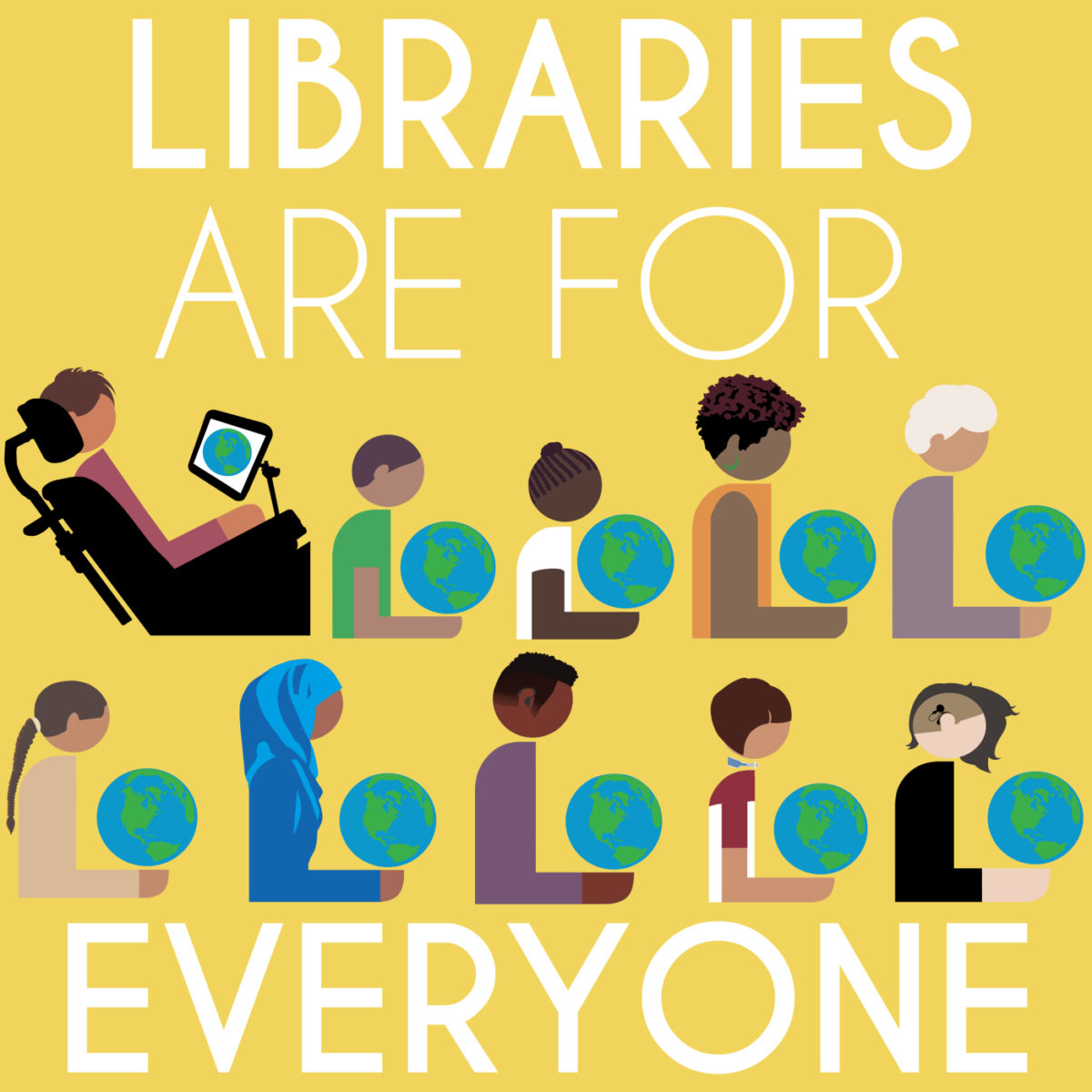Visiting Canada this fall offers an extraordinary blend of vibrant foliage, crisp air, and a variety of activities in the country. Whether you’re a nature lover or just looking for a cultural getaway, Canada in the fall has something for everyone. Here’s a guide to the top provinces to visit, along with must-see sights and activities.
Quebec: Fall Foliage
Quebec is a prime destination for fall foliage. The Laurentian Mountains, just north of Montreal, offer breathtaking vistas of autumn leaves. Mont-Tremblant National Park is particularly popular for its hiking trails and panoramic views.
In Quebec City, the historic old town, with its cobblestone streets and European charm, is especially beautiful in the fall. Don’t miss the Plains of Abraham and Montmorency Falls, which provide stunning backdrops for autumn colors.
Ontario: Urban Landscapes to Natural Wonders
Ontario’s fall foliage is legendary, especially in Algonquin Provincial Park, where you can hike, canoe, and camp amidst a sea of red, orange, and yellow leaves. For a mix of urban and natural experiences, visit Toronto and take a day trip to the Niagara region.
The Niagara Parkway, often called one of the prettiest drives in the world, is spectacular in the fall. Also, explore the Bruce Peninsula and its rugged landscapes and clear waters.
British Columbia: Coastal Beauty
In British Columbia, the fall season offers a unique combination of coastal and mountainous beauty. Vancouver’s Stanley Park, with its seawall and towering trees, is a must-see.
Head to Whistler for world-class hiking and mountain biking against a vibrant backdrop of fall leaves. Vancouver Island, particularly around Victoria and the Cowichan Valley, showcases stunning autumn scenery with a milder climate. Butchart Gardens in Victoria is worth the visit, to see native plants and flowers during the season.
Nova Scotia: Scenic Drives
Nova Scotia’s Cabot Trail is often cited as one of the most beautiful drives in the world, especially in fall. This scenic highway loops around the northern tip of Cape Breton Island, offering breathtaking coastal views and endless autumn colors.
Halifax, with its rich maritime history and lively waterfront, is another great spot to explore. Don’t miss the picturesque towns of Lunenburg and Annapolis Royal.
Alberta: Majestic Mountains
In Alberta, the Canadian Rockies provide a stunning backdrop for fall adventures. Banff and Jasper National Parks are renowned for their dramatic landscapes and diverse wildlife. The Icefields Parkway, connecting Banff and Jasper, offers unparalleled views of mountains, glaciers, and vibrant fall colors.
Lake Louise, with its turquoise waters is a go to destination for many during the busier summer months. Banff is a must see on my travel list for the year.
This fall why not try Canada and its lovely scenery for your fall foliage fix! Happy travels.




